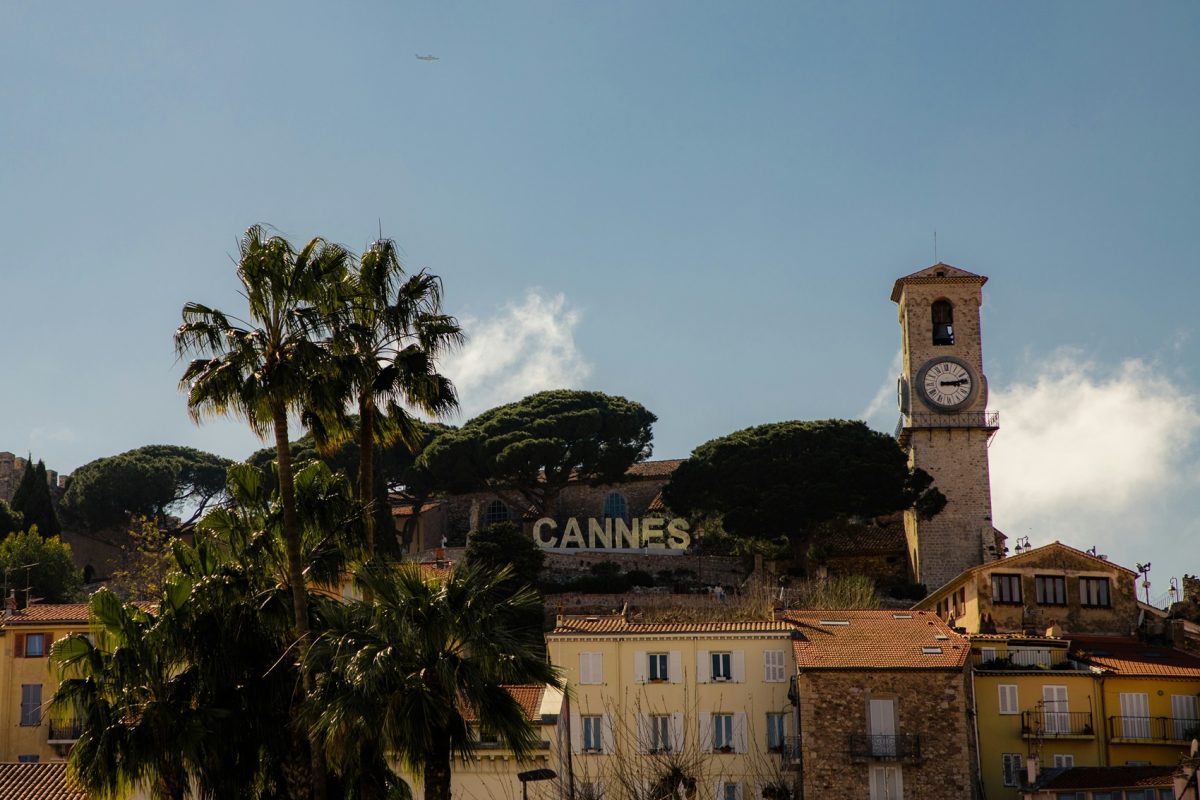Several journalists and jury presidents commented during the awards press conferences at Cannes that Brazilian agencies had fared especially well this year.
Nick Palmer, the global head of creative transformation at EssenceMediacom, who spent his time at Cannes last month giving tours of the winning work to WPP clients, noticed it, too — and he had a theory for why that might be.
Smart media thinking is now ingrained in winning case studies across every category except those dedicated to craft, said Palmer, and Brazil is the only major ad market in which creative and media never de-coupled.
It turns out that, in Brazil, agencies that produce ads for clients must by law also buy the media. So agencies have never lost their joined-up way of thinking about advertising, and that’s a big advantage in a complex media ecosystem in which creative ideas depend more on channel and platform knowledge.
I was ready and quite keen to write about this when the stories of case-study chicanery among Cannes winners started to circulate, and it became apparent that Brazilian agencies were involved in some of the most high-profile instances.
Palmer’s theory is still valid and interesting; it just felt odd to talk about the success of Brazilian agencies at this year’s festival when two of the country’s most awarded shops (DM9 and Africa Creative) were under a cloud.
Brazilian agencies by no means have a monopoly on exaggerated awards entries, of course. They just had the bad luck to feature in the first in a cascade of stories about questionable case studies in a year in which the backlash has been especially strong.
In fact, I can’t remember another year when post-Cannes accusations of scammery were so rampant.
The volume of bad press received by dodgy case studies this year and the fact that DM9 parted ways with its chief creative officer after retracting three of its entries may even startle agencies into being a bit more careful next year. But I don’t hold out much hope for lasting change.
While Cannes Lions has promised new measures to root out moody case studies, there isn’t much it can do to stop pervasive and highly motivated chancers without gumming up its judging process. And as long as the incentives for agencies to win remain strong, there will always be a lot of highly motivated chancers. So, once this year’s furore has been forgotten, normal business will probably resume.
That said, someone who works at an agency told me this year at Cannes about networks enlisting their Brazilian offices to make the case studies for campaigns from all over the world because they were so good at it. I think that may change.
Main image by Jovan Vasiljević on Unsplash

